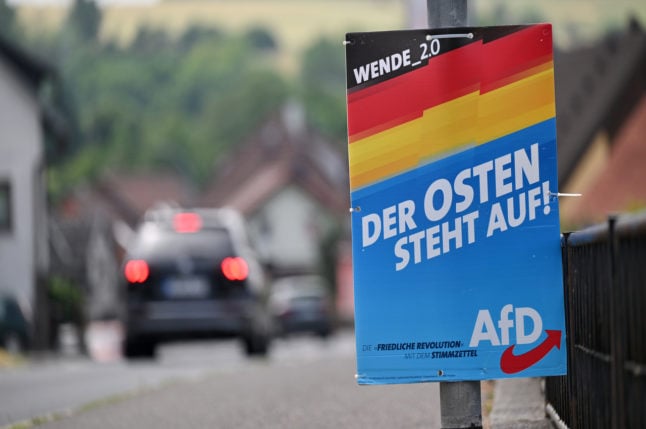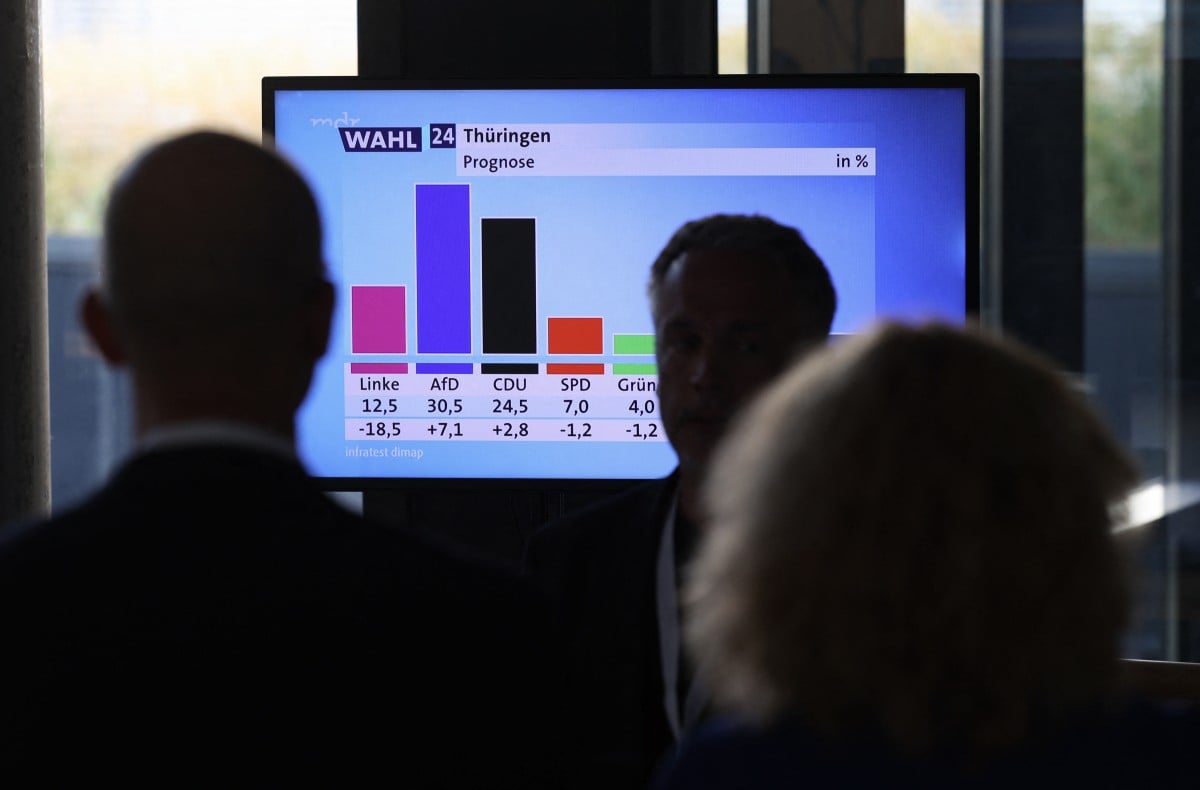Refugees
The parties have agreed that there should be an upper limit on refugee arrivals that lies between 180,000 and 220,000 per year.
They have also reached agreement on family reunions for refugees with “subsidiary protection”. These people will continue to have no right to bring their families to Germany until a new law is created – this new law will limit the family members arriving in Germany to 1,000 per month.
READ ALSO: Christian Union and Social Democrats reach breakthrough in coalition talks
East Germany
The parties have agreed to lower the “solidarity tax” – a tax on all German workers which goes exclusively to east Germany – should be lowered in stages by €10 billion by the year 2021.
Social welfare
The parties have agreed in principal to several improvements to the social welfare system. The negotiating paper states that the coalition would “stabilize the level of pensions”. The paper states that the pension level should be legally set at 48 percent of income until the year 2025.
At the same time the paper commits the coalition to creating free child daycare centres, as well as increasing overall Kindergarten financing and increasing the level of parental allowance.
Europe
German Chancellor Angela Merkel's conservatives and the centre-left Social Democrats vowed in a coalition blueprint Friday that, if they form a government, they would work to strengthen the eurozone.
“We want to… in close partnership with France, sustainably strengthen and reform the eurozone so that the euro can better withstand global crises,” Germany's biggest parties said in a draft policy agreement.
Taxes
The SPD had fought for an increase in the top level of tax, but the paper does not make mention of this. According to members of Merkel’s negotiating team, the paper rules out any tax increases over the next four years.




 Please whitelist us to continue reading.
Please whitelist us to continue reading.